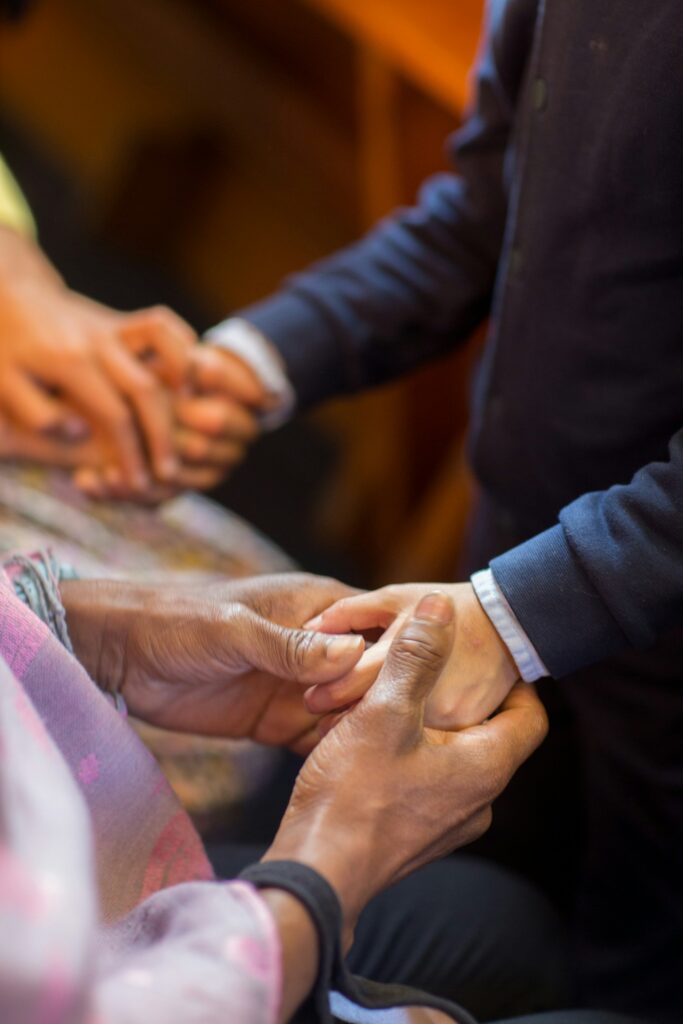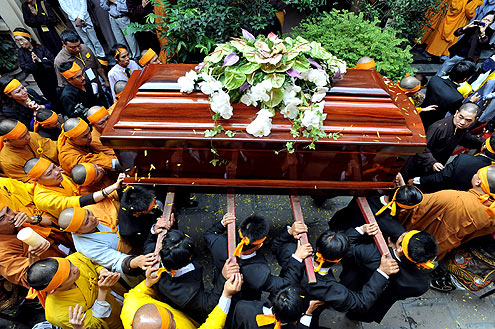Introduction
The death of a loved one is an emotionally challenging time, and amidst the grief, there are several practical matters that need attention. One of the most crucial tasks is notifying the appropriate people and organizations about the death. This guide will walk you through the complete checklist of who to notify after a death, ensuring you don’t miss any important steps.
Immediate Notifications

Family and Close Friends
The first people to notify are immediate family members and close friends. They are your support network and will want to know as soon as possible. Use phone calls or in-person meetings for these notifications, as they are more personal and compassionate methods.
Employer or School
If the deceased was employed or attending school, notify their employer or school administration. They will need to know to manage payroll, benefits, or academic records. They can also provide support during this difficult time.
Healthcare Providers
Inform the deceased’s primary healthcare providers, including doctors, dentists, and specialists. This allows them to update their records and stop any ongoing treatments or appointments.
Legal and Financial Notifications
Executor of the Estate
The executor of the estate is responsible for managing the deceased’s assets and liabilities. Notify them as soon as possible to begin the probate process and ensure that the estate is handled according to the deceased’s wishes.
Attorney
If the deceased had a will or any legal matters pending, notify their attorney. The attorney can provide guidance on how to proceed with legal obligations and help with the probate process.
Banks and Financial Institutions
Notify banks, credit unions, and other financial institutions where the deceased held accounts. This includes checking and savings accounts, loans, and credit cards. They will require a death certificate to close or transfer accounts.
by Scott Graham (https://unsplash.com/@homajob)
Insurance Companies
Contact any life insurance, health insurance, auto insurance, and homeowners insurance companies. They will need to process claims and update policies. Provide them with a death certificate and any other required documentation.
Social Security Administration
The Social Security Administration (SSA) should be notified to stop social security payments and inquire about any survivor benefits. You can reach the SSA by phone or visit their website for more information.
Pension and Retirement Plans
If the deceased was receiving pension payments or had retirement plans, notify the respective organizations. They will guide you on how to claim any benefits or make necessary changes to the accounts.
Property and Utilities Notifications
Landlord or Mortgage Company
If the deceased was renting, inform the landlord to terminate the lease or transfer it. If they owned property, notify the mortgage company to discuss the next steps regarding the property.
Utility Companies
Contact utility companies, including electricity, water, gas, and internet providers, to close or transfer accounts. Provide them with the necessary documentation to ensure a smooth transition.
Post Office
Notify the post office to redirect the deceased’s mail. This can help you manage any incoming bills, statements, or personal correspondence.
Government and Other Organizations
Department of Motor Vehicles (DMV)
Inform the DMV to cancel the deceased’s driver’s license and update vehicle registrations. They may require a death certificate and other documentation.
Voter Registration
Contact the local voter registration office to remove the deceased from voter rolls. This prevents any potential voter fraud and ensures records are up-to-date.
Professional Associations and Unions
If the deceased was a member of any professional associations or unions, notify them to update their records and cancel memberships. They might also offer support or benefits to the family.
Subscriptions and Memberships
Magazine and Newspaper Subscriptions
Cancel any magazine or newspaper subscriptions. This can usually be done online or by contacting customer service.
Clubs and Organizations
If the deceased was a member of any clubs, gyms, or other organizations, notify them to cancel memberships and stop any recurring payments.
Online Accounts
Consider notifying and closing online accounts, including social media profiles, email accounts, and other digital subscriptions. This helps prevent identity theft and ensures the deceased’s digital footprint is managed.
Final Steps
Collect Death Certificates
You will need multiple copies of the death certificate for various notifications and legal processes. Request these from the funeral home or the vital records office.
Create a Checklist
Create a personal checklist to track your progress and ensure that you have notified all necessary parties. This can help you stay organized during this challenging time.
Seek Support
Managing notifications and legal matters after a death can be overwhelming. Don’t hesitate to seek support from family members, friends, or professional advisors. They can provide valuable assistance and emotional support.
Conclusion
Navigating the death notification process is a critical part of end-of-life planning. By following this complete checklist, you can ensure that all necessary parties are notified, and the deceased’s affairs are managed efficiently. This allows you to focus on grieving and remembering your loved one, knowing that the practical matters are under control.
Remember, you don’t have to go through this alone. Lean on your support network and seek professional help if needed. The process may be complex, but with careful planning and organization, you can manage it effectively.





